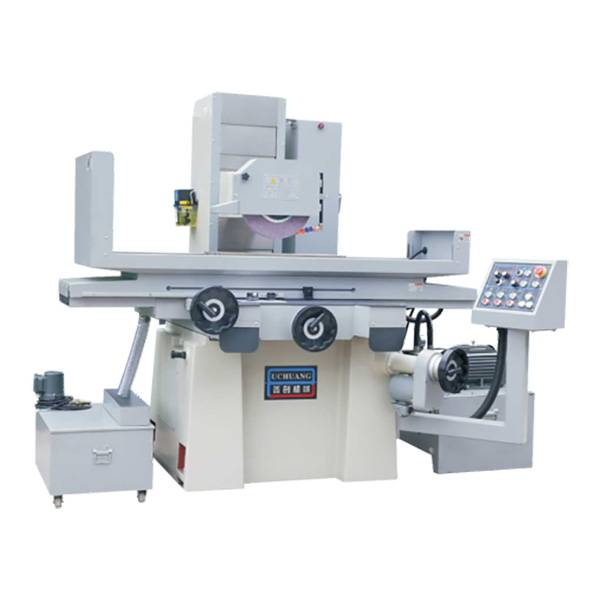BRUSSELS (Reuters) – The European Union has approved a plan that includes giving state aid to Tesla, BMW and others to support the production of electric vehicle batteries, helping the bloc to cut imports and compete with industry leader China.
The European Commission’s approval of the 2.9 billion euro ($3.5 billion) European Battery Innovation project, follows the launch in 2017 of the European Battery Alliance that aims to support the industry during the shift away from fossil fuels.
“The EU Commission has approved the entire project. The individual funding notices and funding amounts per company will now follow in the next step,” a German economy ministry spokeswoman said of the project that is set to run until 2028.
Alongside Tesla and BMW, the 42 firms that have signed up and could receive state aid include Fiat Chrysler Automobiles, Arkema, Borealis, Solvay, Sunlight Systems and Enel X.
China now hosts about 80% of the world’s lithium-ion cell output, but the EU has said it could be self-sufficient by 2025.
Project funding will come from France, Germany, Austria, Belgium, Croatia, Finland, Greece, Poland, Slovakia, Spain and Sweden. It also aims to attract 9 billion euros from private investors, the European Commission said.
The German spokeswoman said Berlin had made almost 1 billion euros available for the initial battery cell alliance and planned to support this project with about 1.6 billion euros.
“For those massive innovation challenges for the European economy, the risks can be too big for just one member state or one company to take alone,” European Competition Commissioner Margrethe Vestager told a news conference.
“So, it makes good sense for European governments to come together to support industry in developing more innovative and sustainable batteries,” she said.
The European Battery Innovation project covers everything from extraction of raw materials to design and production of cells, to recycling and disposal.
Reporting by Foo Yun Chee; Additional reporting by Michael Nienaber in Berlin; Editing by Mark Potter and Edmund Blair.
Post time: Apr-14-2021

